Are you tired?
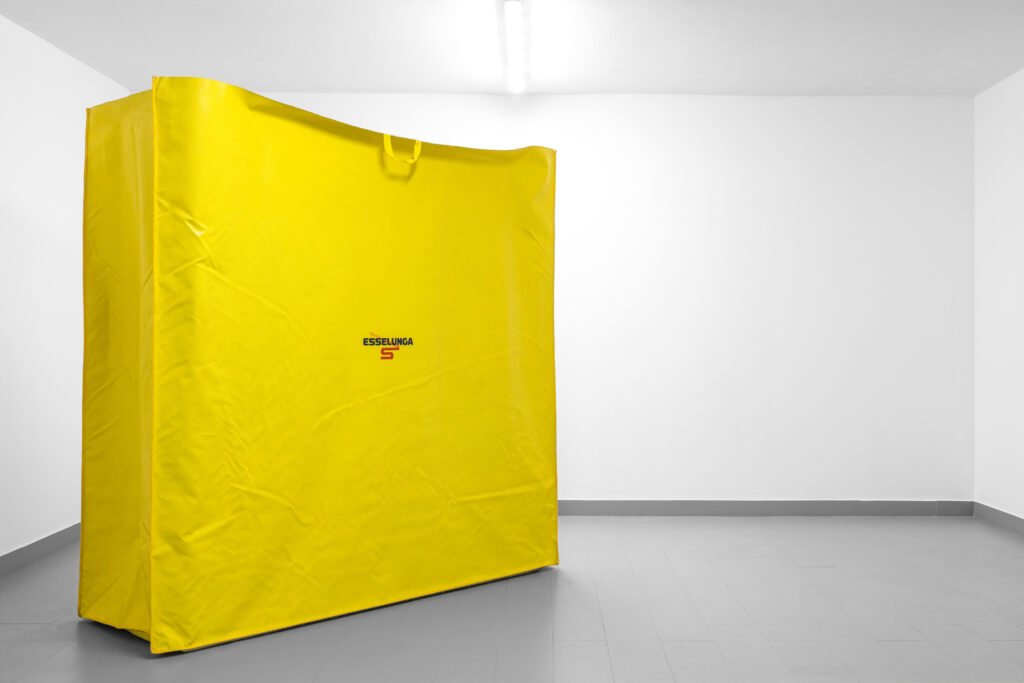
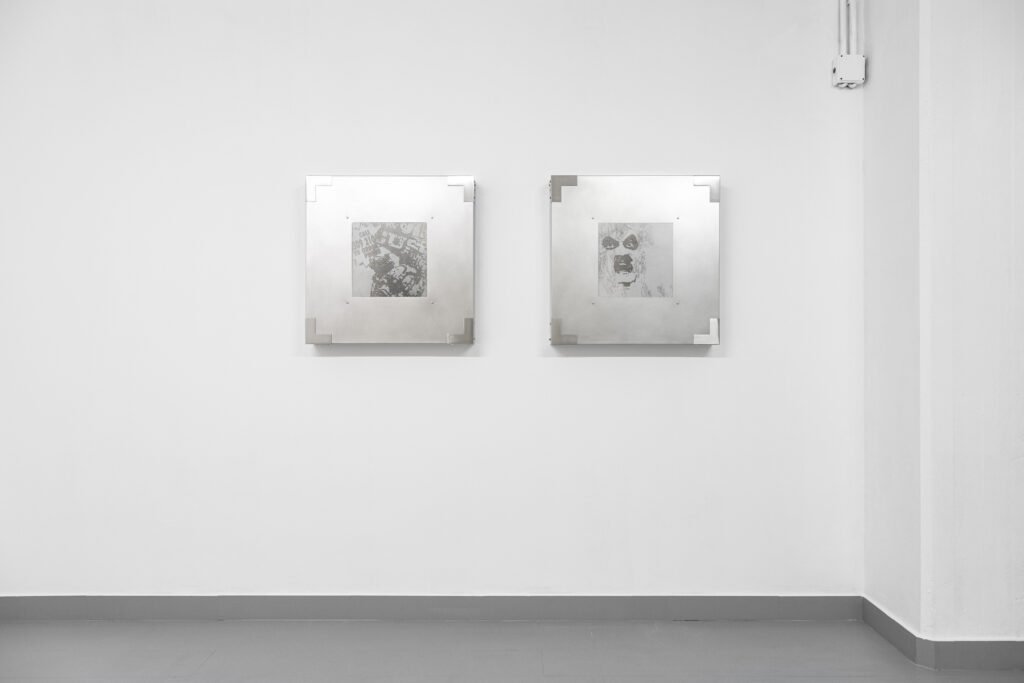
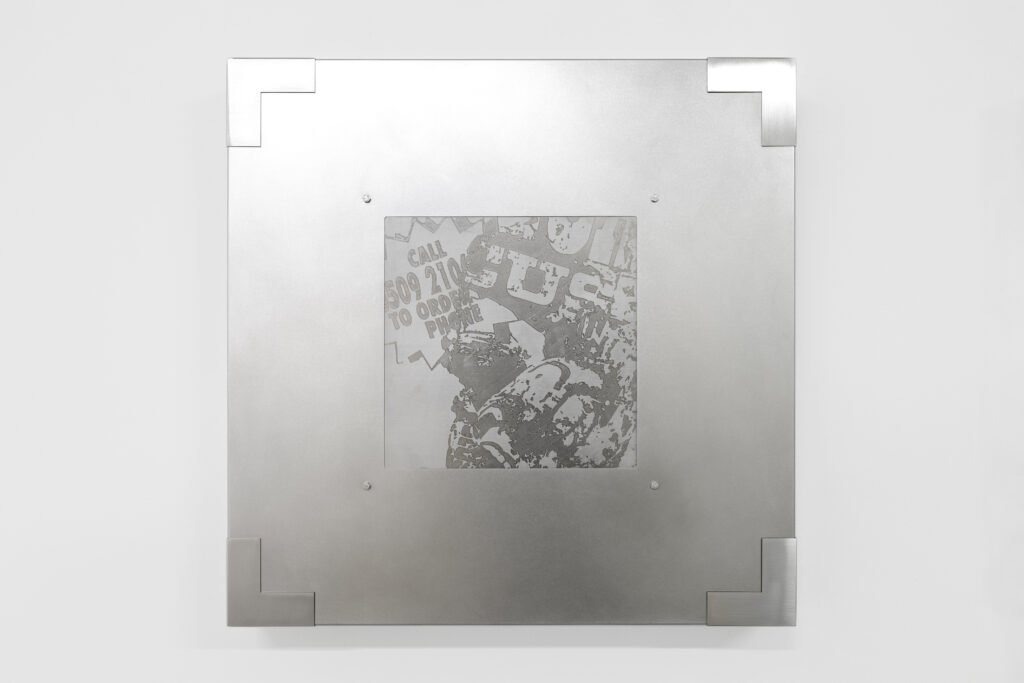
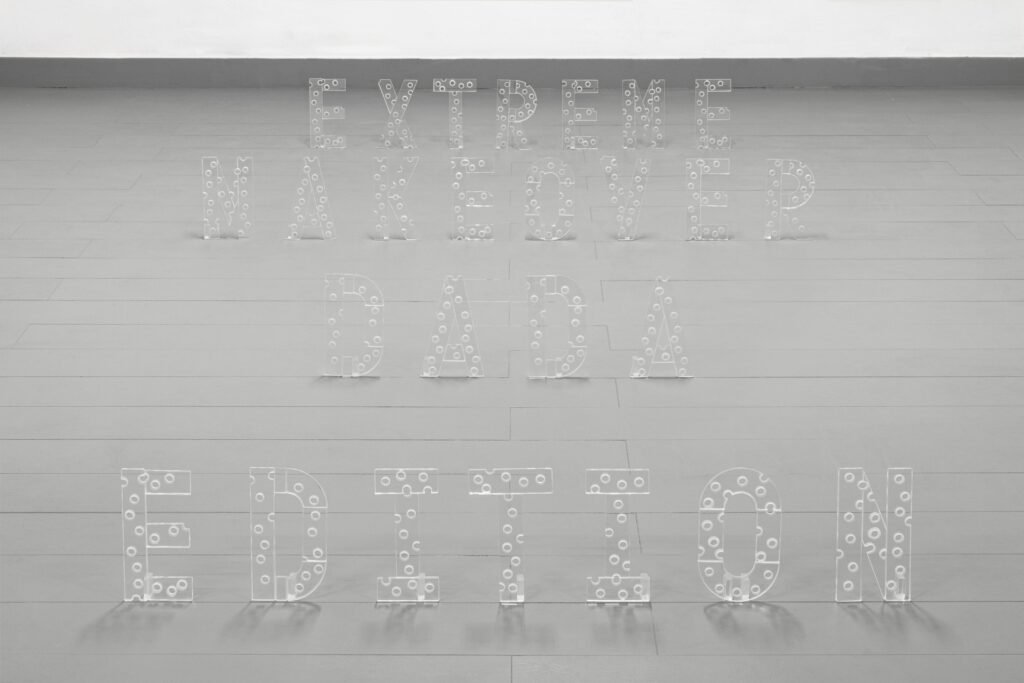
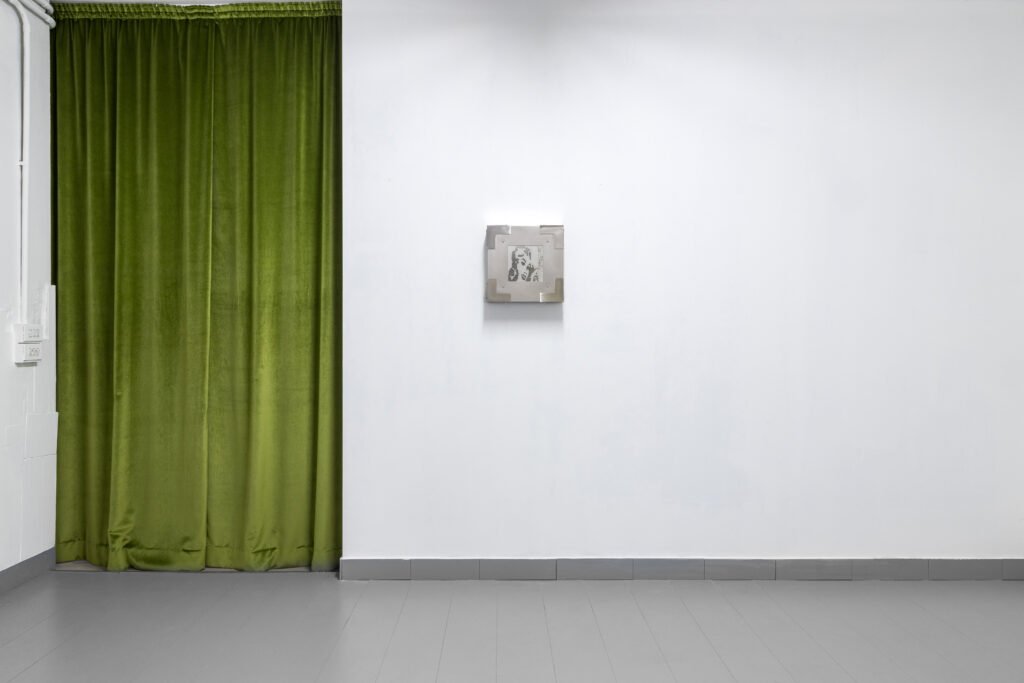
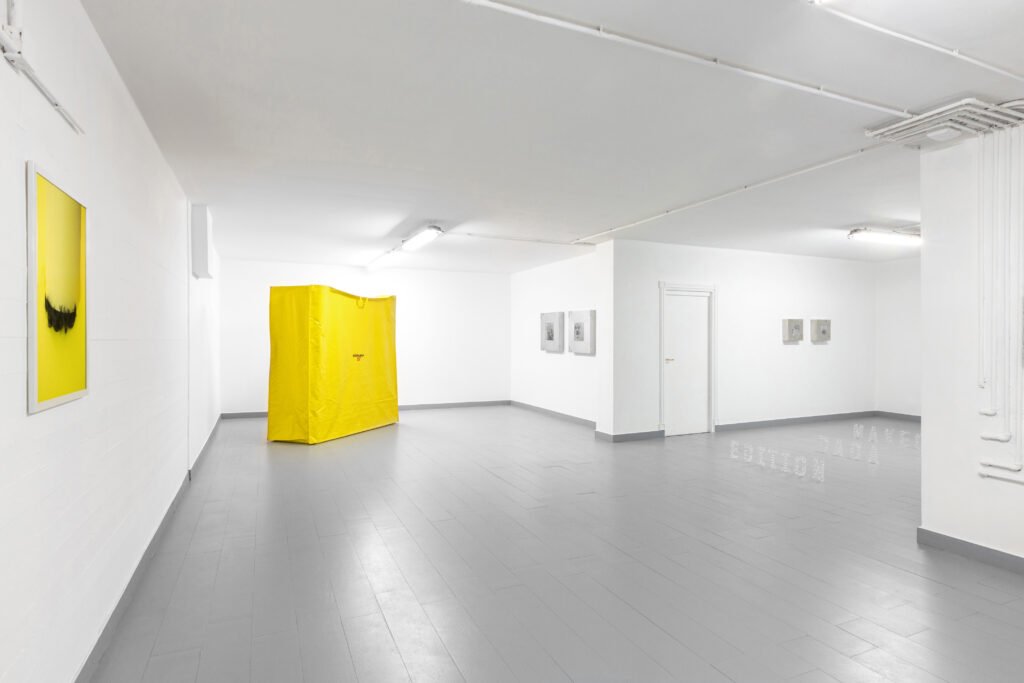
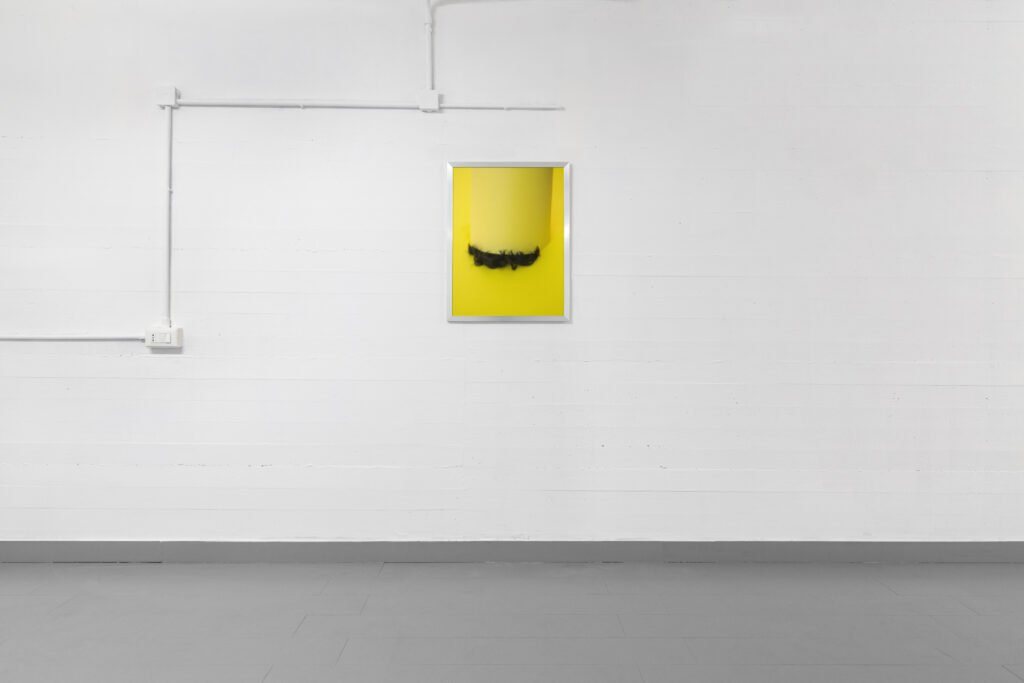
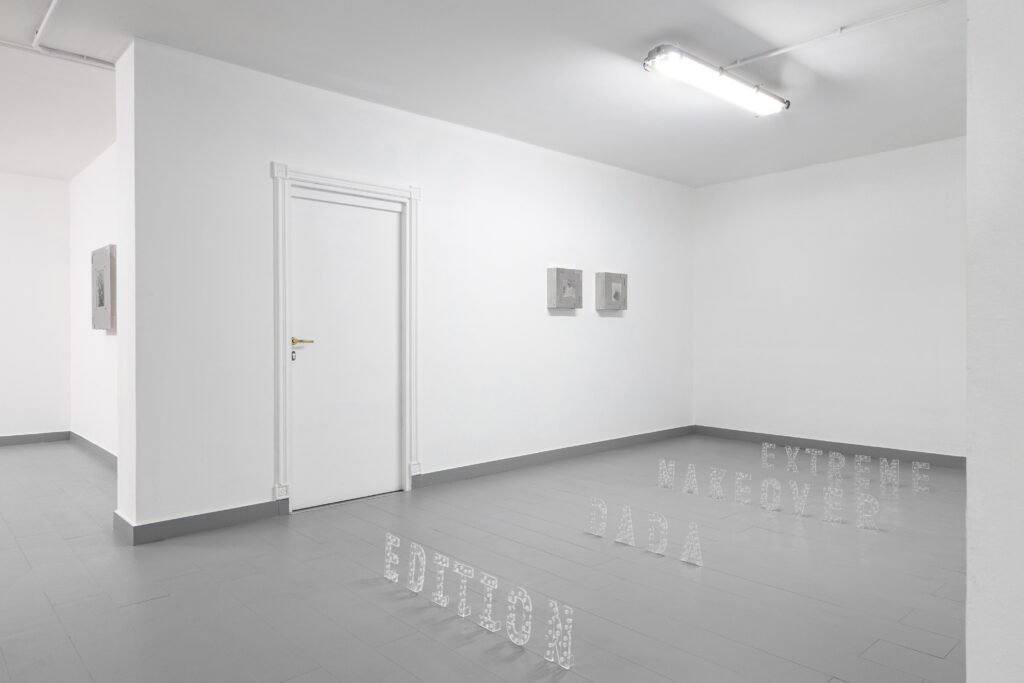








“The pace of work in the workshops has become so intense that it exhausts a man over the course of not many years. But it happened as with the bees, of the bitter verse, with which Virgil accused the profiteers of his work, remember? <You make honey oh bees, but it is others who enjoy it>”
In 1963 Palmiro Togliatti delivered this speech during his own election campaign (perhaps those of my generation will remember the words just quoted for being the intro to S.U.N.S.H.I.N.E by Rancore and DJ Myke). From those years to the present, the obligation to hyper-production is no longer required only of the working class, but to anyone who is socially and legally ready for work, thus moving from the defense of workers and their rights, to a totally different political and ideological situation, in which work itself becomes the only and true mode of affirmation of the person, and consequently unproductivity mutates
into a form of resistance to the new capitalist world. This society and the hardships that inhabit it are the focus of The Society of Weariness, by South Korean philosopher Byung – Chul Han, from which the exhibition “Are You Tired?” freely takes its inspiration and in which the malaise of the late-modern individual becomes the protagonist and its various causes are dissected: the malaise and tiredness are
direct consequences of the society of hyper productivity and capitalism.
Competition, performance, consumption and the absence of contradictions become the engine that accelerates the process of human deterioration, in which depression, personality disorders personality and neurotic symptoms become the dominant features of a weary people.
Through their contemporary, Manuel Esposito (Monza, 1999) and Mattia Ragni (Conegliano, 1997), focus on an observation of reality and society, which they return to us with the works in the exhibition. Manuel Esposito, to this need for precise and meticulous observation – at times at times documentaryist – adds the filters of irony, the grotesque and satire. A child of his time, of a post-internet that is ours by definition, of the work that becomes a definite symbol, but nevertheless of the anti-icon that opposes the rampant world of appearance. Mattia Ragni explores a society in which he notices profound and subtle alterations, focusing not so much on reality itself but on how much it is distorted, filtered and sometimes replaced by the images conveyed by the mass media. With an interest in the underground and design, he brings to the exhibition some cuts on stainless steel that reproduce images found on the street and
on old billboards. Advertising as a propaganda medium of consumerism becomes a tool to question the pre-packaged narratives, and to reveal the layers of meaning hidden behind the representations and symbols that permeate our daily lives. (text by Giorgia Rosa)
[…] Consumerism has made us unable to ponder and understand our needs even more. One question that human beings have always asked is “what do I want?” (which in the presence of a stranger becomes “what do you want?”) and the failure to find an answer is as human as it gets – despite the fact that it causes us anguish. But damned are those certain of another’s desire and doubly damned are those certain of their own desire because they are probably chasing someone else’s desire – without
rationally taking such a position but rather reasonably so as not to run into the atavistic neuroses of the previous century. Deleuze said, “If your desire is embedded in the discourse of the Other, you are screwed!” […] (excerpt from the text by psychoanalyst Davide Guerrieri)


